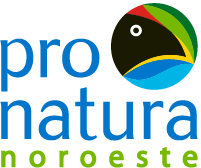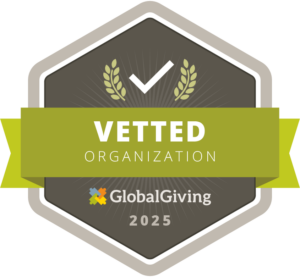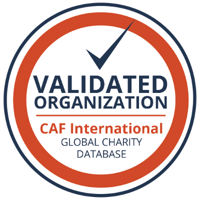Bahía del Tóbari is considered to be of International Importance by the Hemispheric Network of Shorebird Reserves as it houses more than 44,000 of them, including species like the American Oystercatcher (Haematopus palliatus frazari), American avocet (Recurvirostra americana), Willet (Tringa semipalmata), and Marbled Godwit (Limosa fedoa). However, it is a site impacted by agribusiness and aquaculture and the wetlands in the area have a high concentration of metals and chemicals since 17 agricultural wastewater flows drain into it.
As part of the activities to reduce threats in the site and conserve birds and their habitat, community involvement is sought by building capacity in educational material among local people in the communities of Paredón Colorado, Aceitunitas, and Paredoncito, Sonora. To that end, CONANP and Pronatura Noroeste trained 15 volunteers from the Environmental Promoters group in Bahía del Tóbari on the importance of shorebirds and wetlands this past 23rd and 24th of October.
The Yoreme-Mayo group that supports the Gulf Islands Flora and Fauna Protection Area began in 2006 across the development of various projects with CONANP. For six years, they have been sharing an environmental trunk show on climate change issues and will now include the issue of shorebirds with teachers in the area who will, in turn, share the information with their students.
In addition to coordinating activities in schools, the members will be key to training other promoters in remote communities, replicating the model developed by Pronatura Noroeste. “They are expected to be a model for other communities and these volunteers will train other promoters, not only on the issue of shorebirds,” said Lizz González, Conservation Education Program Coordinator.
The work team will extend this collaboration to other nearby communities like Bahía Yávaros, for which negotiations have begun with CONANP and municipal authorities.












